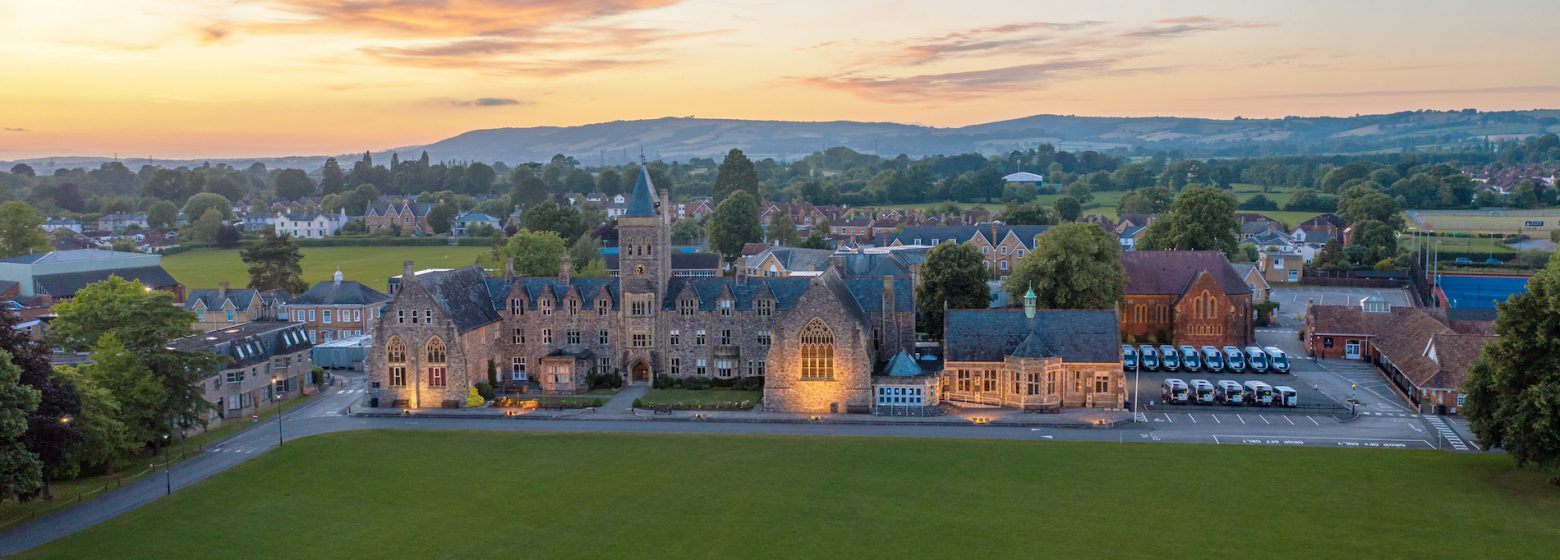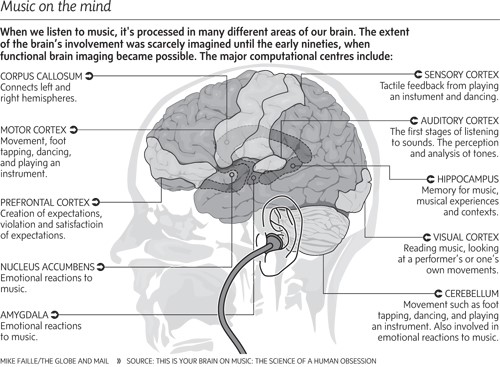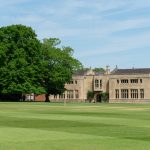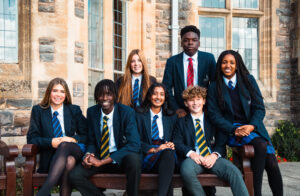Music surrounds us; it can bring tears to our eyes, send shivers down our spine, alter our mood and have a positive impact on our general well-being and mental health. It has been a part of life since the dawn of time; 30,000 years ago humans were already playing bone flutes, percussive instruments and jaw harps and all known societies throughout the world have had music as part of their culture. It is innate in us, infants as young as two months will turn towards consonant or pleasant sounds, and away from dissonant ones.
What is it that makes music so universally loved and so uniquely powerful in its ability to write emotions and stimula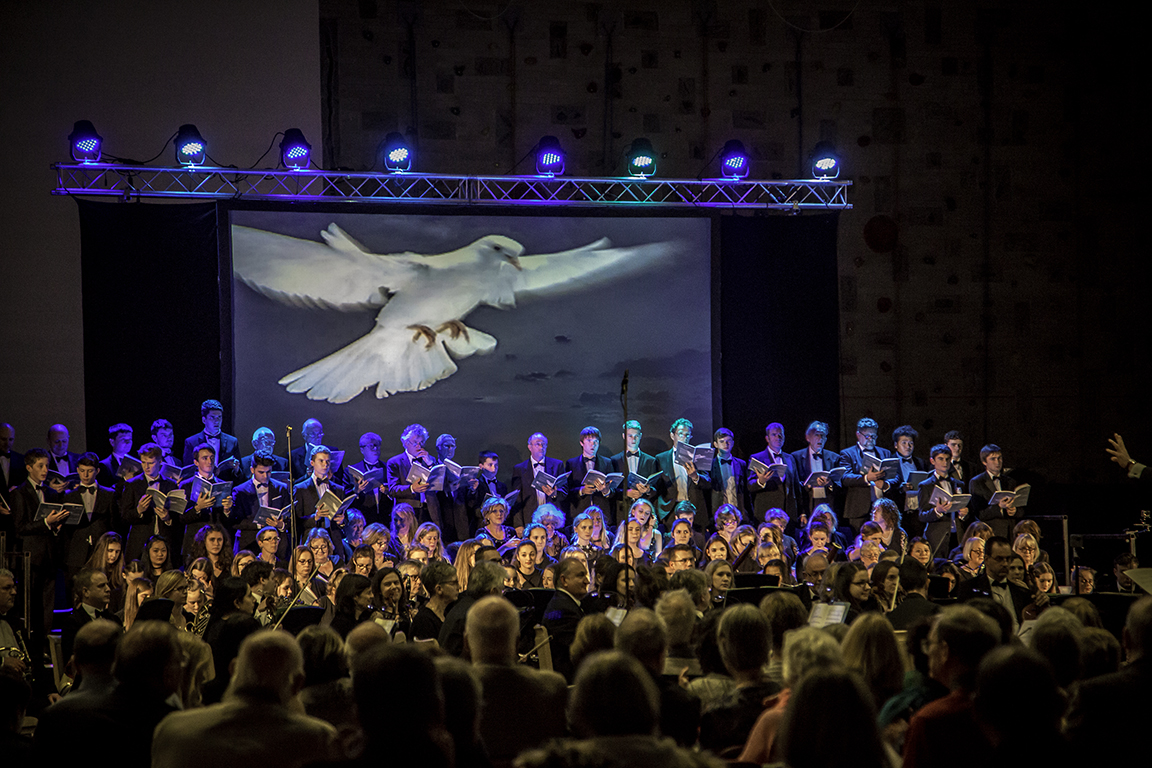 te our brain function so powerfully? Neuroscientists don’t yet have the full answer but there have been breakthroughs in recent years. We have begun to gain a firmer understanding of where and how music is processed in the brain and why it is so beneficial for young people to take part in music making in various form.
te our brain function so powerfully? Neuroscientists don’t yet have the full answer but there have been breakthroughs in recent years. We have begun to gain a firmer understanding of where and how music is processed in the brain and why it is so beneficial for young people to take part in music making in various form.
It is proven that there is no specialised brain centre for music but rather that music engages many areas distributed throughout the brain, including those that are usually involved in other cognitive functions. The left and right hemispheres of the brain are simultaneously activated when listening to music, in order to make sense of the sequence of tones and the relationship between them blood flow increases in several brain areas, activating our autonomic, cognitive and emotional centres, while another area releases dopamine – the chemical that, among other things, affects mood and the ability to feel pleasure. The diagram attached gives some details of the many faceted brain activities that take place when taking part in actively listening to music.
Alongside this brain activity, it is also shown that our heartbeat actually becomes in sync with the pulse of music as we engage with it, calming us or exciting us dependent on the beat of the music. It is this overwhelming whole body and mind experience that places music in such an important place in our lives, making autobiographical memories that we never ever forget and attach to parts of our lives. This is why music is able to provide breakthroughs for those who have brain debilitating diseases. Where often all else is forgotten, music can be remembered and helps to activate other memories and feelings from the past.
I was recently at a funeral during which particular special pieces of music were played which marked happy times for the family. Many in the congregation smiled as the music brought back memories of these shared happy experiences, physically and mentally seeing and feeling exactly what they felt when they were actually there. It applies to everyone; music has the ability to transport you back to exactly where you were and what you were feeling when you first heard it and it therefore takes a hugely important part in the making of memories. In planning my wedding for this summer, music is vital, as it is in all weddings and celebrations, to create those shared feelings, a togetherness and a memory that is an indelible and crucially important part of life.
At school there are opportunities for absolutely everyone, pupils, staff and parents to get involved in music. Through choirs, learning an instrument, taking part in a percussion group, singing hymns in chapel or simply coming along to support concerts, the opportunity is there. In these times of well-being and mindfulness music is the most powerful tool that is known to man, emotionally and as a brain enhancer. It positively affects our mood, our spirit, increases our neural connections and spatial perception. It reduces our stress and anxiety, increases our health and massively enhances our overall well-being, whilst also bringing us together as a community and making those life-long memories that will live in us physically and emotionally forever. Take the opportunity to get involved, I promise it will be a positive experience and will bring these huge benefits to your life.
Mark Cracknell
Director of Music

